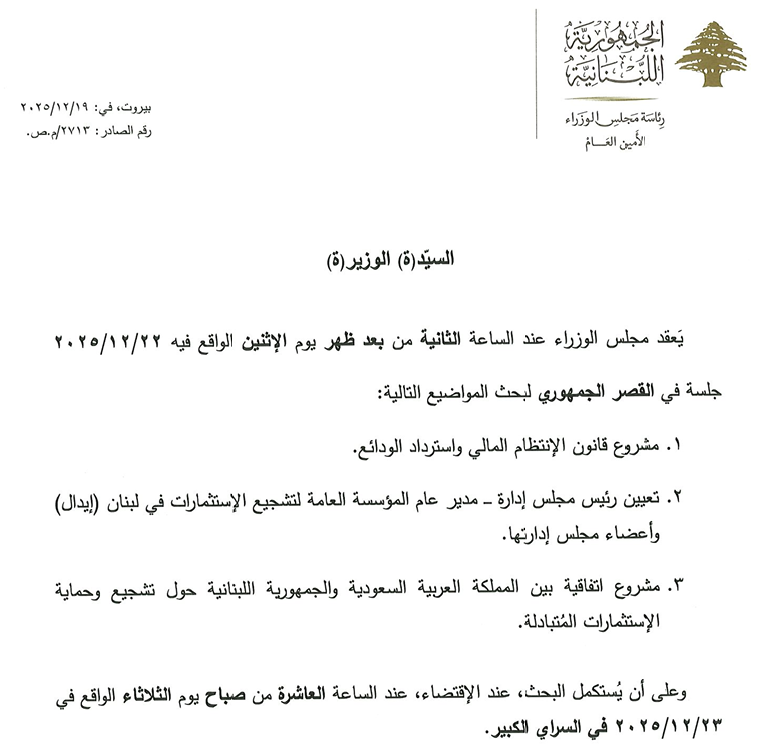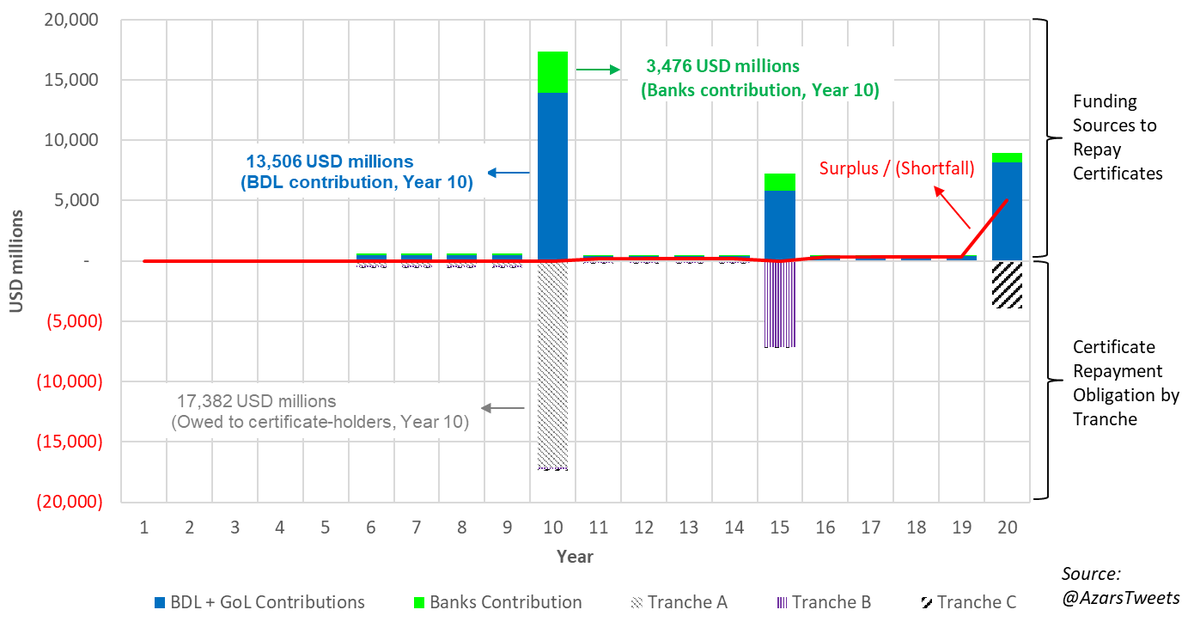1/ Crises like the many Lebanon faces can only be confronted by governments that can take decisive and difficult decisions. Two features of our system impede Lebanon’s ability to do this (which also explain why we keep spinning our wheels screaming about corruption & reforms):
2/
(a) Democracy by consensus among 6-7 competing political factions (mini-govts) that makes domestic politics similar to relations between independent states (i.e., anarchic w/ no "Govt" able to execute policy) & reforms analogues to int'l treaty negotiations between them; and
(a) Democracy by consensus among 6-7 competing political factions (mini-govts) that makes domestic politics similar to relations between independent states (i.e., anarchic w/ no "Govt" able to execute policy) & reforms analogues to int'l treaty negotiations between them; and
3/
(b) Communities feel no security, so politics in Leb is “existential” and not “policy-oriented”, so policy is nonexistent & communities can’t hold leaders accountable for failed policies because they fear harming their sect’s security interests & relative power vs the others
(b) Communities feel no security, so politics in Leb is “existential” and not “policy-oriented”, so policy is nonexistent & communities can’t hold leaders accountable for failed policies because they fear harming their sect’s security interests & relative power vs the others
** It's important to recognize that players often make calculations based on "relative power" considerations vs competitors. So one may take a decision that causes it to lose power in absolute terms if it gains relative to competitors (so competitors lose more in absolute terms).
4/ We may not like or agree with the above, but they are facts of our political system for most people and, unless that changes, there won’t be much progress on any reforms or fighting corruption no matter what cabinet is appointed.
5/ This bug in our system of government makes reforms unlikely and suggests that the crises will be “solved” through "the path of least resistance", which is happening already, is sub-optimal, and will doom the majority of Lebanese to perpetual poverty.
6/ This is why we keep spinning our wheels demanding reforms and end to corruption. It is simply not possible to achieve either under the existing system. The reforms have been known for years. Corruption is a *consequence* of the political system dysfunction, not a cause.
7/ It's why the French Initiative failed. You don't even need to look at "regional" impediments. It can be explained by the incentives/calculus of the domestic mini-govts. If we don't understand these incentives, we will constantly make the wrong strategic choices.
8/ Don’t be fooled by the passage of laws or reforms on paper. They simply will not be implemented if they harm the interests of any of the 6-7 mini-governments in the absence of a strong central government with the ability to execute the laws.
9/ When a diverse society with legitimate internal and external security concerns is pushed into poverty, it makes reforms less likely, not more likely.
10/ We have to solve the 2 challenges above. The status quo powers have no incentive to change the system b/c it requires them to give up power, and power doesn't give itself up voluntarily. Also, legitimate security fears paralyze any potential change to the status quo regime.
11/ Many here won’t like to hear this, but I'm not sure federalism will work in Lebanon for the same reasons it did not work in Yugoslavia. Federalism requires a strong central govt, communities with a strong national identity/solidarity, and wealth transfers b/w regions.
12/ Yugoslavia pulled itself apart because one community tried to concentrate more power in the central government over time to its own advantage, there was big economic disparity between different federal states, and there was a strong sub-national identity/vision.
13/ A federal Leb will pull itself apart b/c the challenges that give rise to people’s desire for federalism here are the same ones that make a federal system unworkable. We have to address those first. Once we address those, a federal system may or may not be optimal at the time
14/ Therefore, the choice we face in my opinion isn't b/w centralized govt and federalism, but between reforming the centralized govt system (including through *some* effective forms of decentralization) or partition/confederation.
15/ Leb was de-facto partitioned during Civil War. A foreign military force reunited it. What stops same from happening again? Parties can quickly mobilize once conditions permit. The incentive now is for parties to arm themselves to improve bargaining positions in a future deal.
16/ If opposition groups want to be effective, they need to stop working separately & asking for voluntary transfer of power/independent cabinet. They need to work together as a united front w/ a clear & common political program that addresses the root causes of the dysfunction.
17/ Anything less is doomed to fail. Only real *power* or force can effect change. Power comes from either military force (which is why there is a big incentive for the mini-govts to become armed) or a united popular uprising (which can be peaceful).
18/ If status quo powers want to do what's best for their communities, they'd also hold national dialogues to answer these existential questions. However, given that any solution would cause a change in the *relative power* balance b/w the mini-govts, this will be very difficult.
19/ If the intl community really wants to help, it'd facilitate this national dialogue.
But I'm afraid such political restructurings -- because they necessarily result in a re-balancing of relative power -- are never done voluntarily, are never easy, and are rarely peaceful.
But I'm afraid such political restructurings -- because they necessarily result in a re-balancing of relative power -- are never done voluntarily, are never easy, and are rarely peaceful.
• • •
Missing some Tweet in this thread? You can try to
force a refresh








